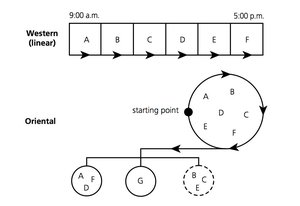Goodbye, Things: The New Japanese Minimalism
A growing movement in Japan is choosing to part with their possessions and appreciate the beauty of less. These extreme minimalists may limit their wardrobe to only 20 items of clothing or choose to forgo a bed, paring their home down to the bare essentials. Inspired by the aesthetics and principles of traditional Zen Buddhism, Japan's new minimalists say their transformation to simple living has freed them to spend time on other pursuits.
Fumio Sasaki, minimalist and author of Goodbye, Things: The New Japanese Minimalism, joins us at Japan Society to discuss how he opted for minimalism over materialism and share his insight on this life-altering philosophy. Moderated by filmmaker Matt D'Avella, whose latest film Minimalism: A Documentary About the Important Things examines the cultural movement of simple living
